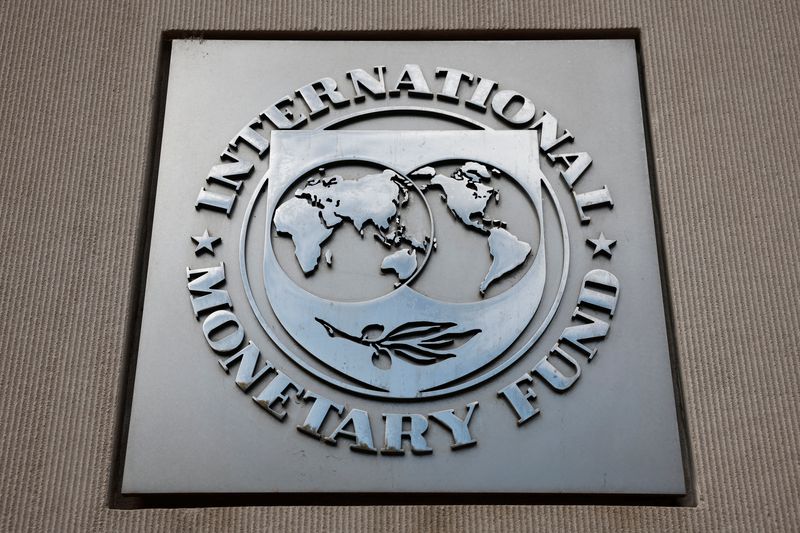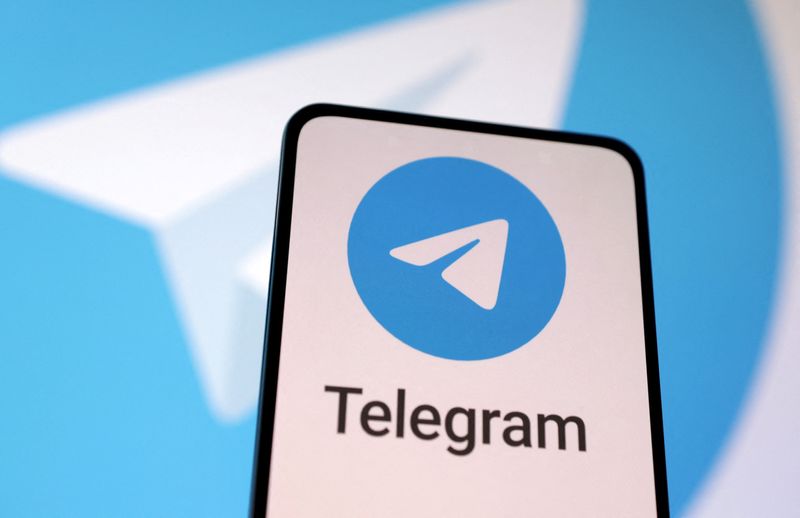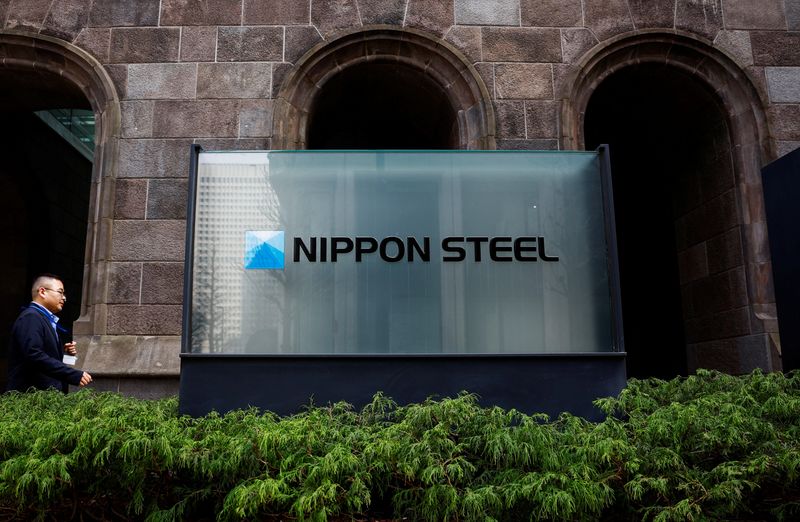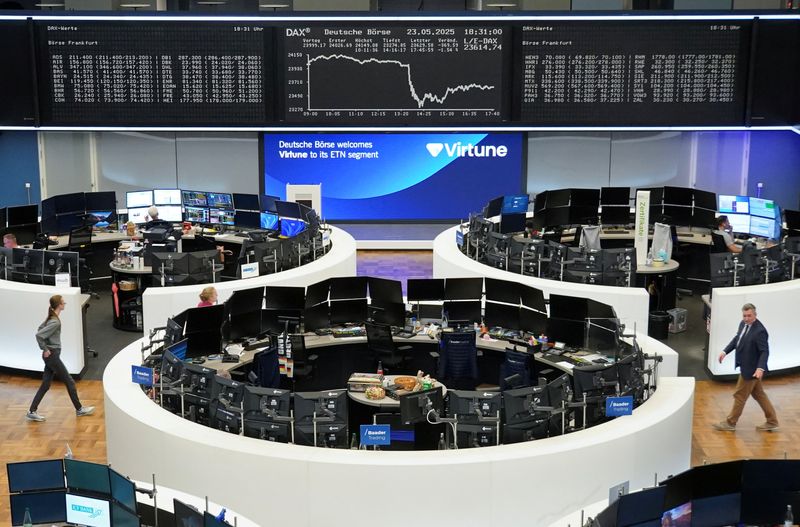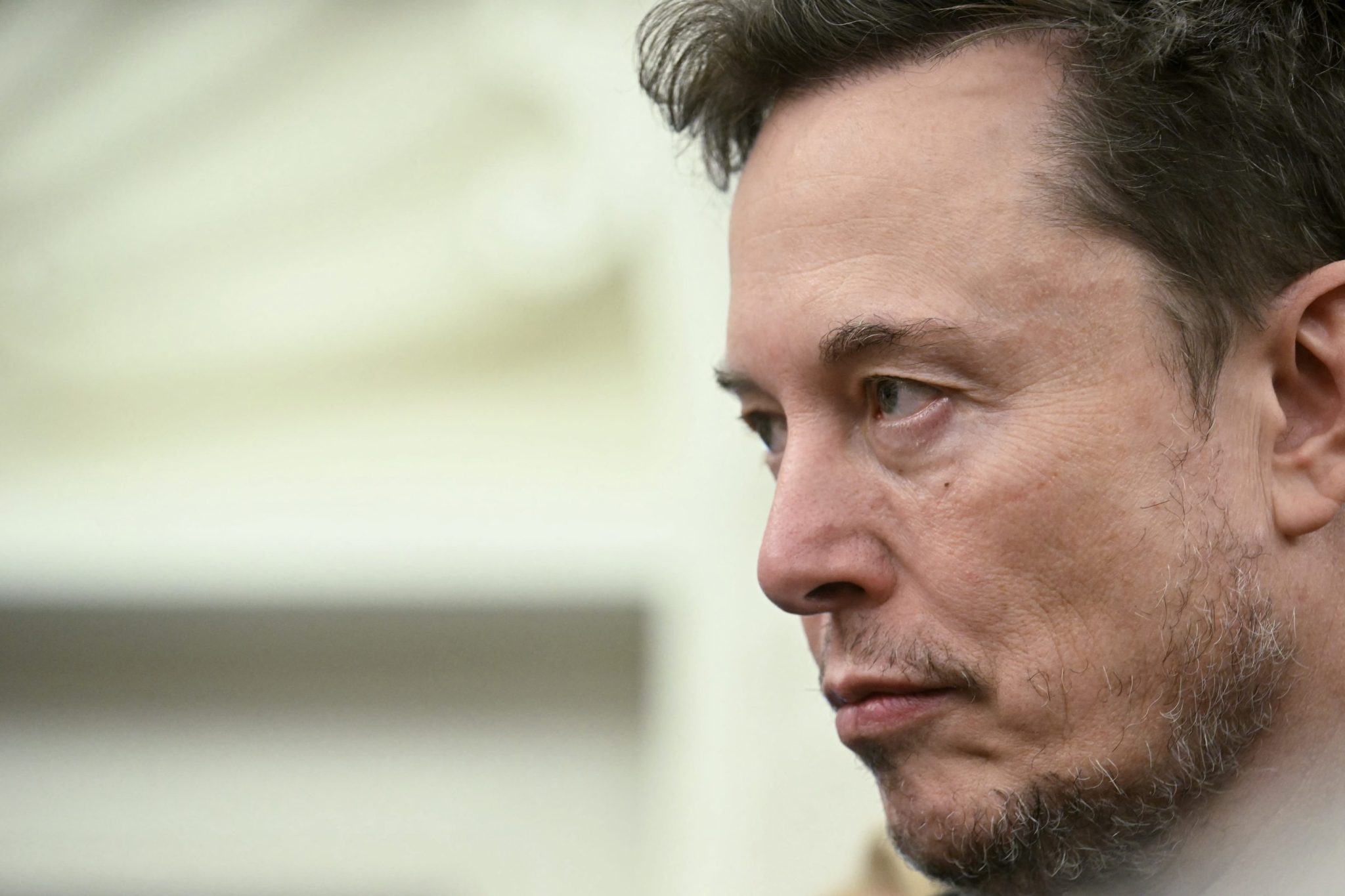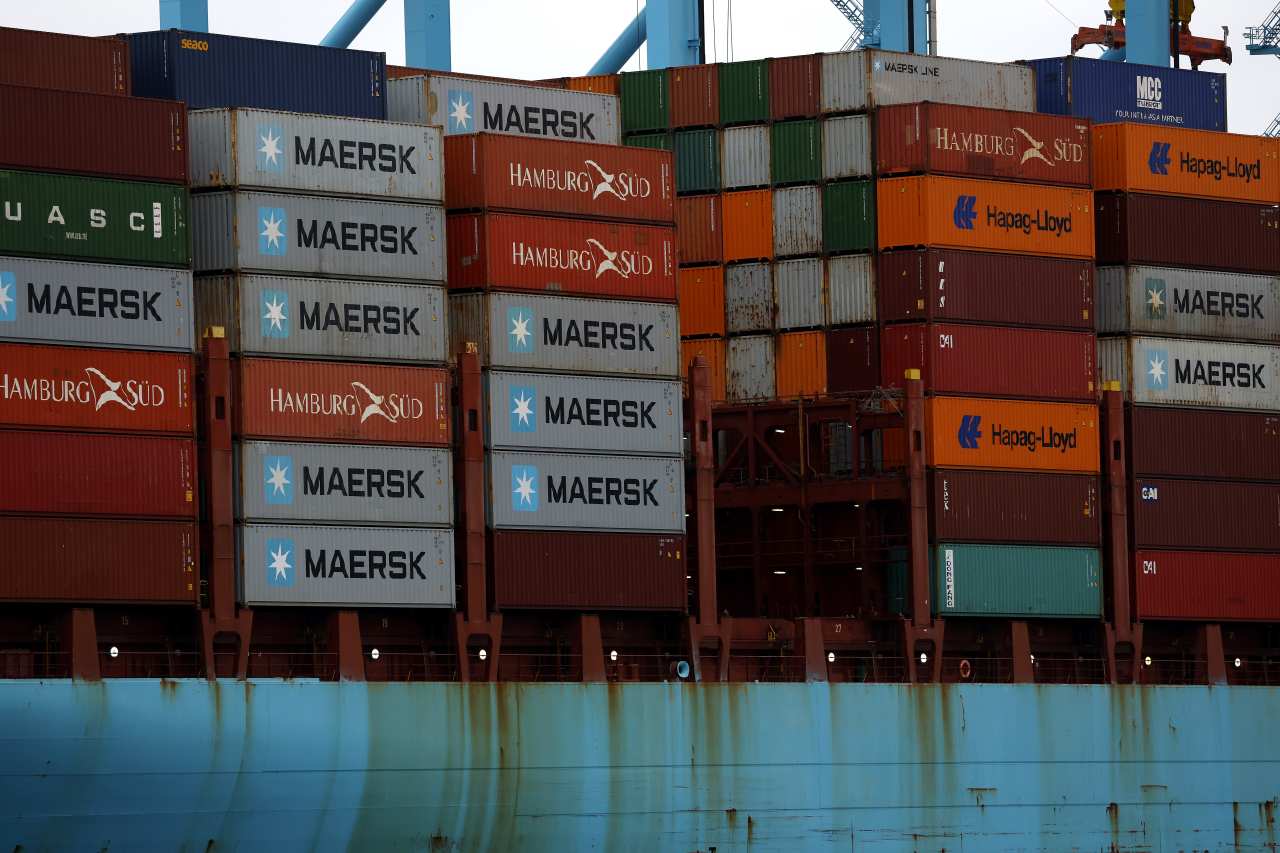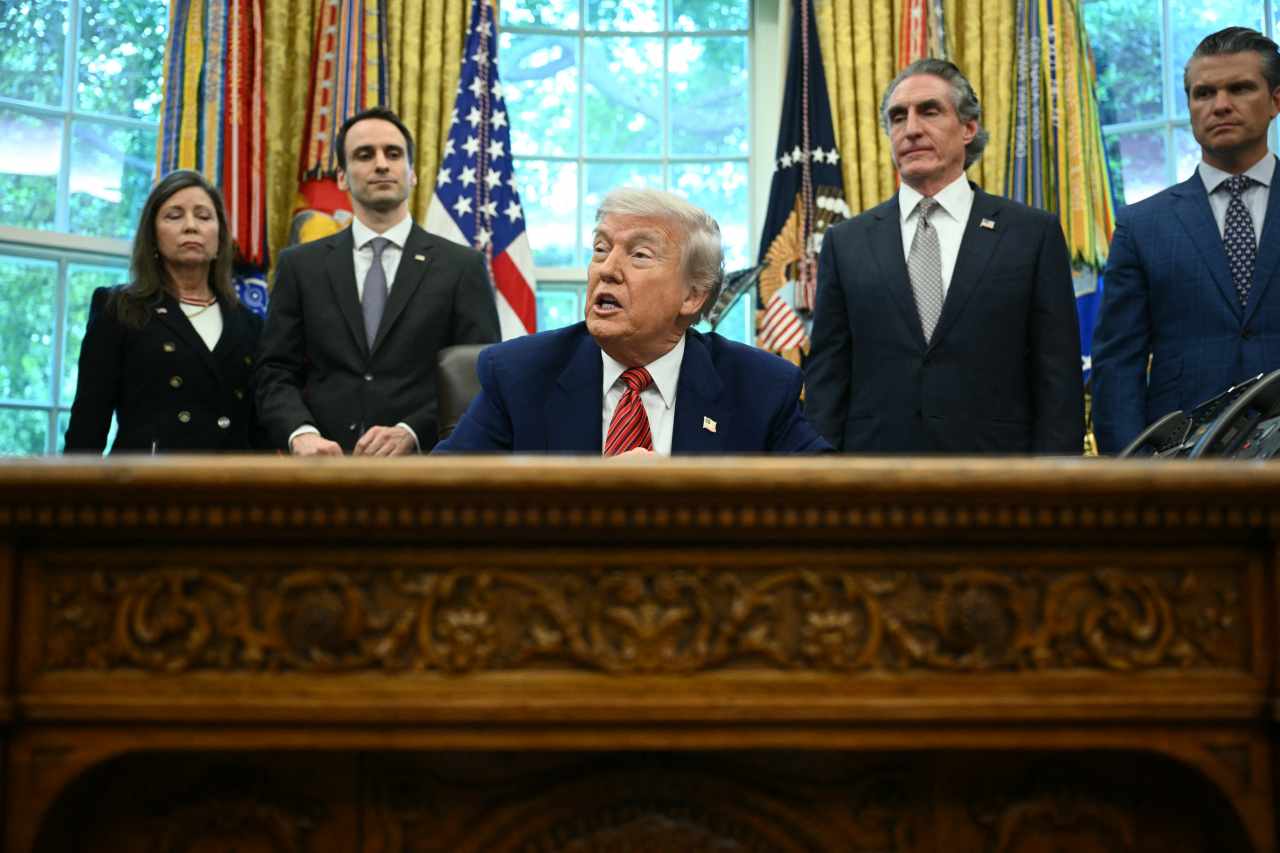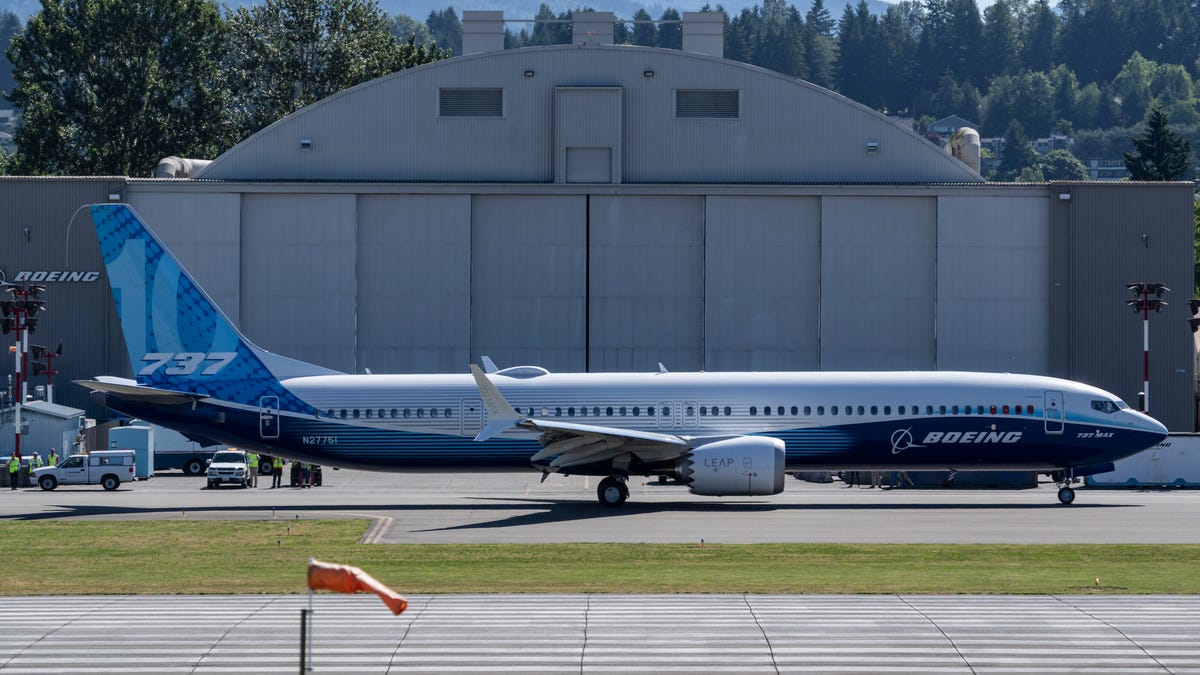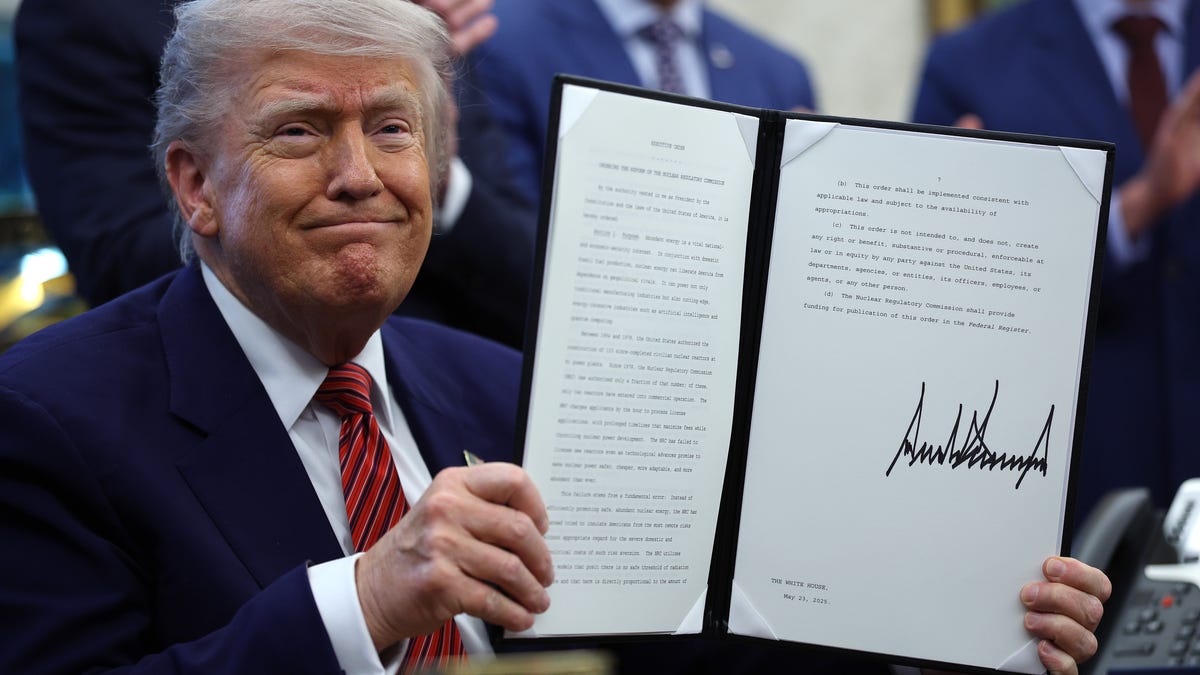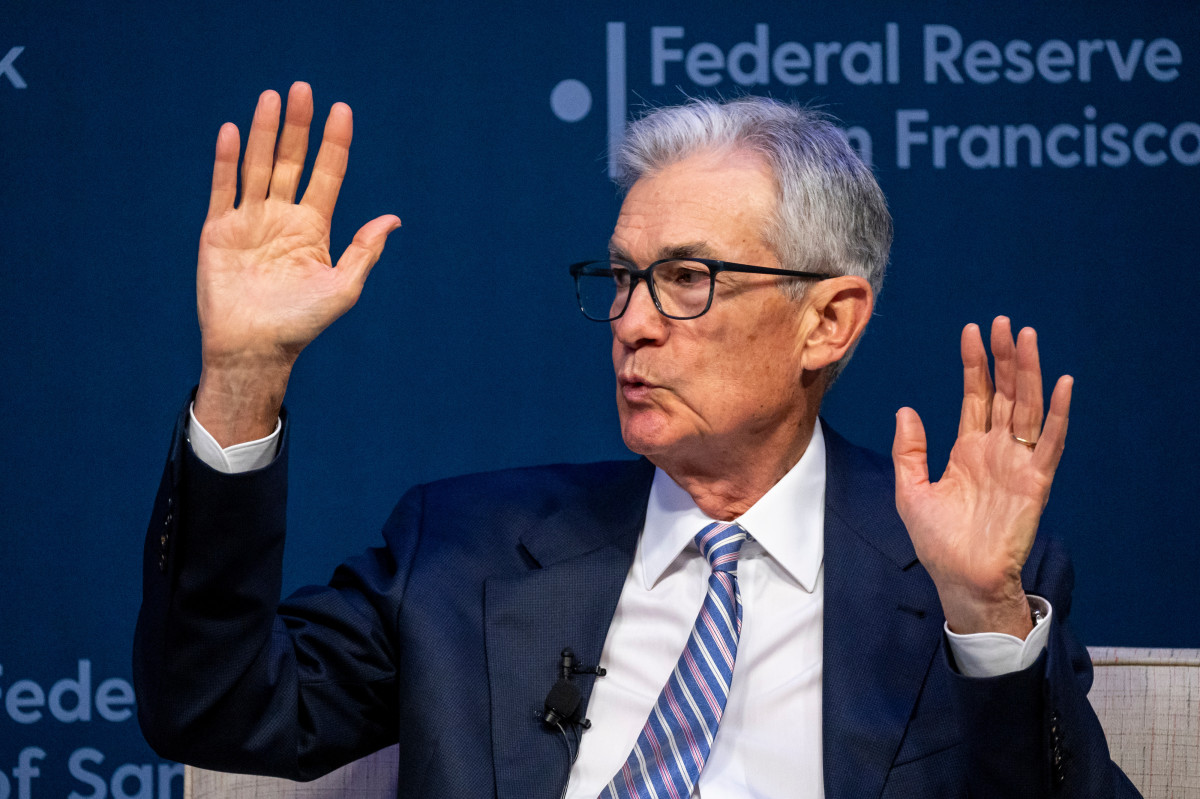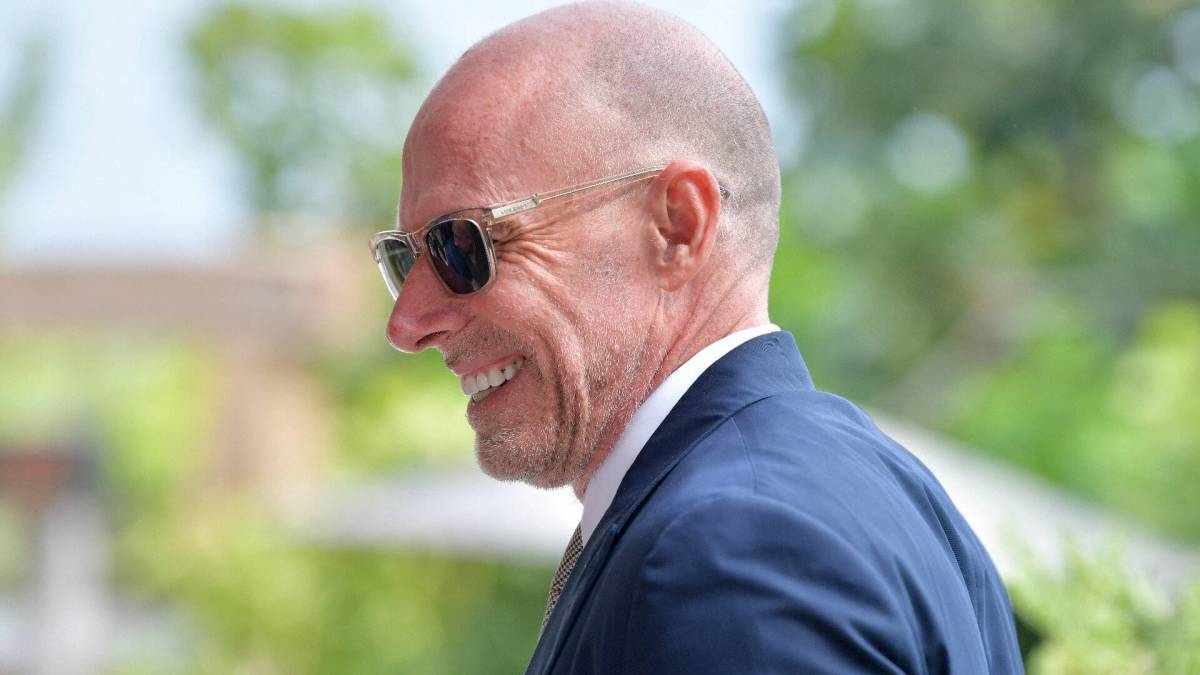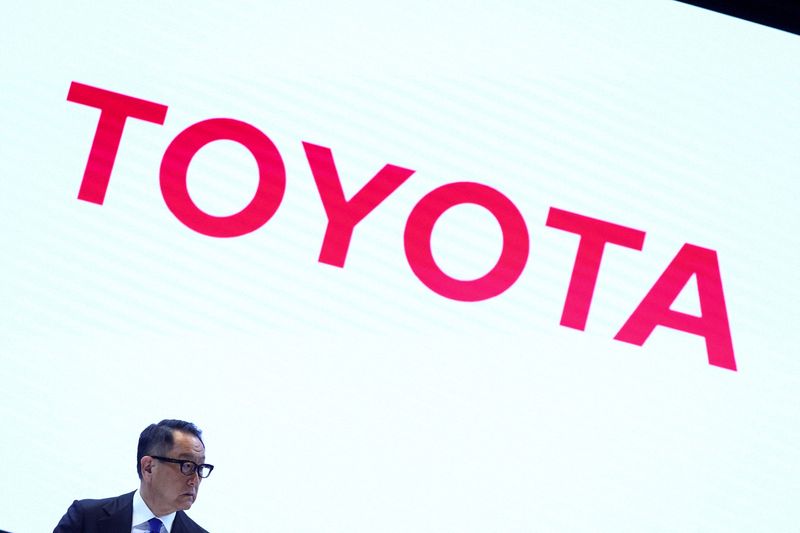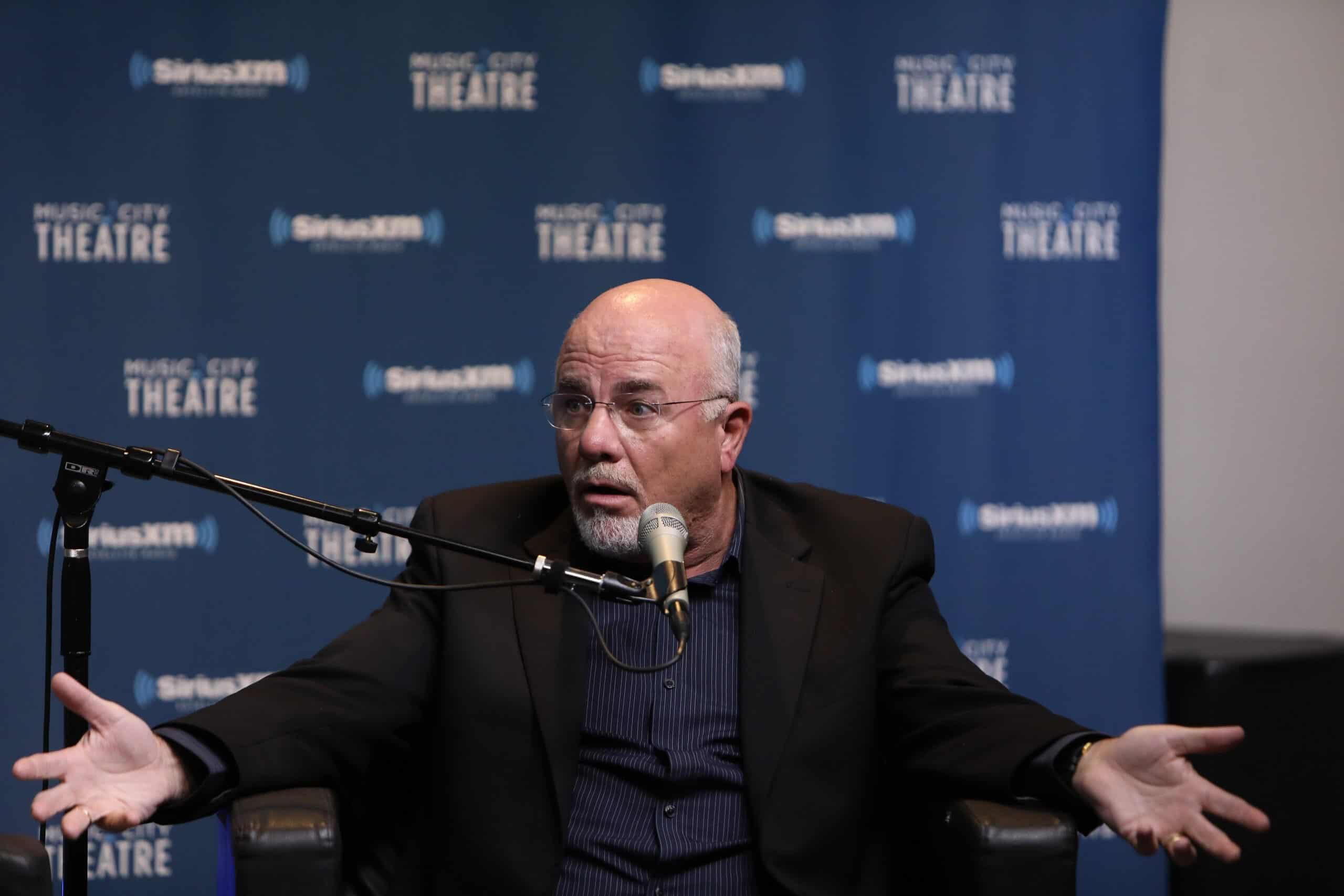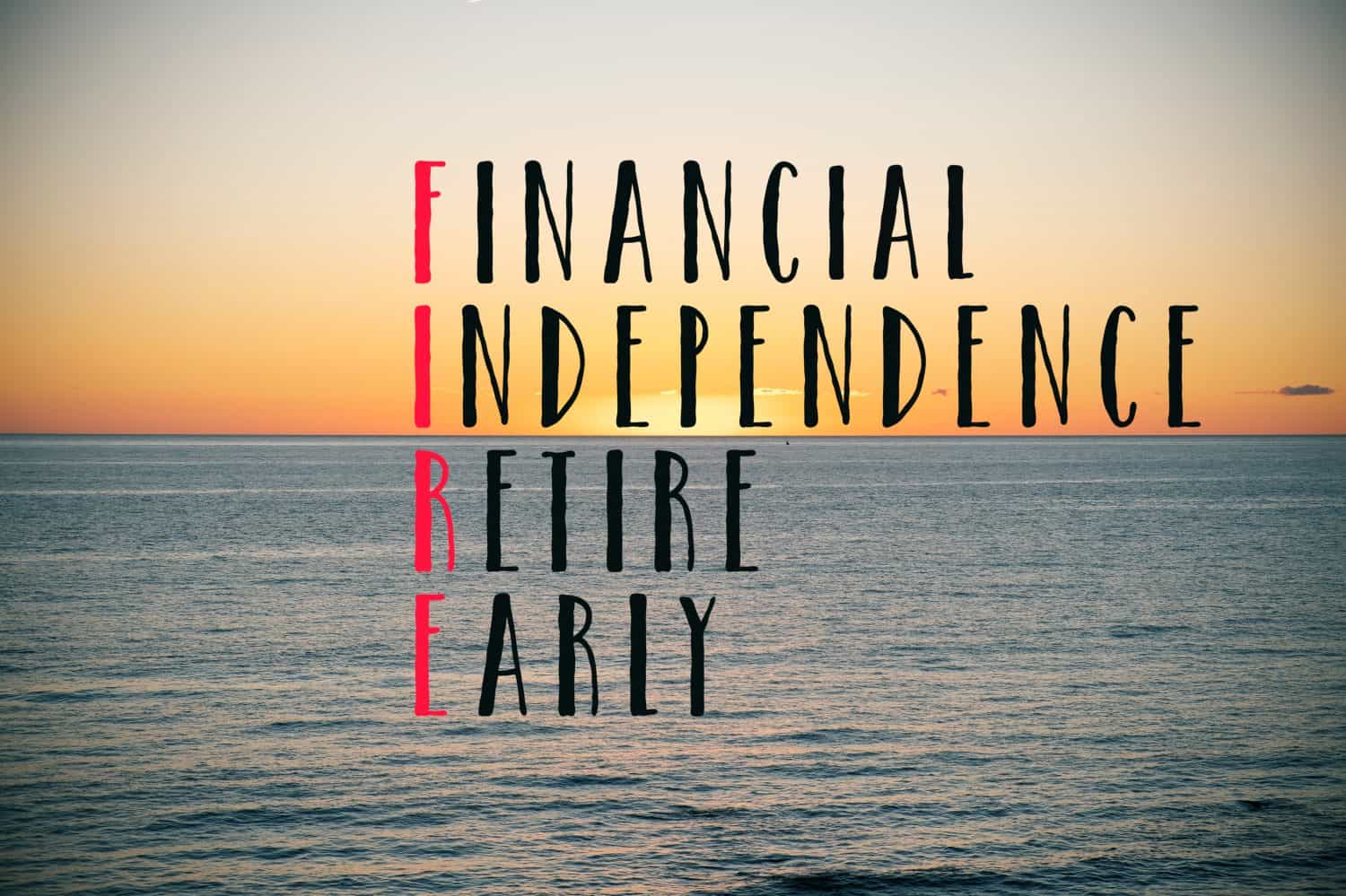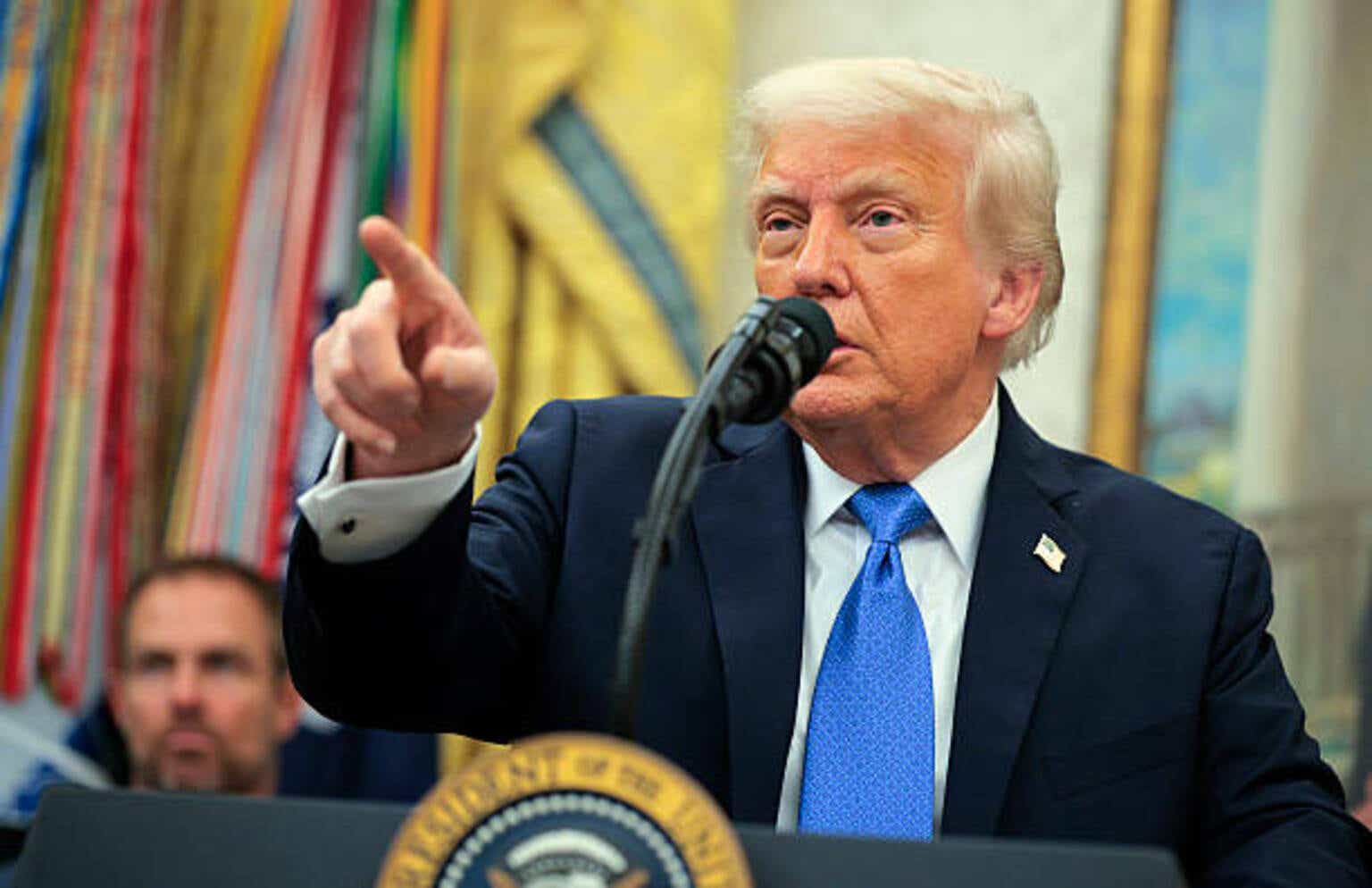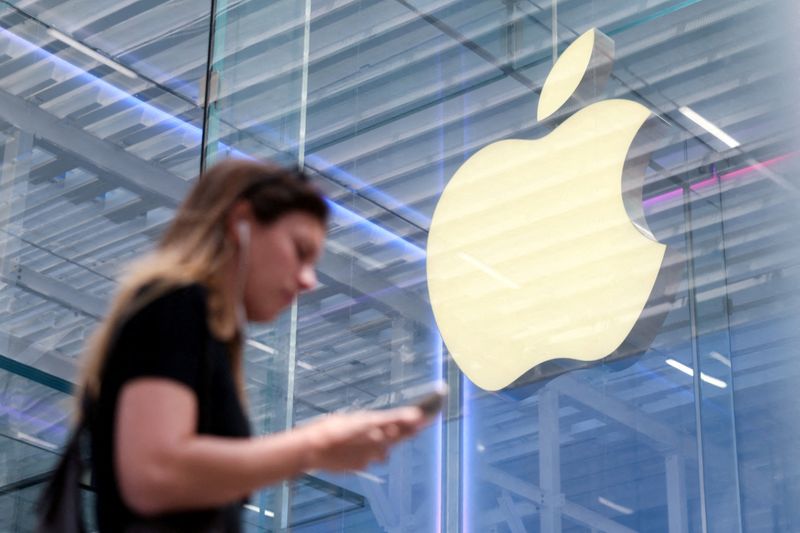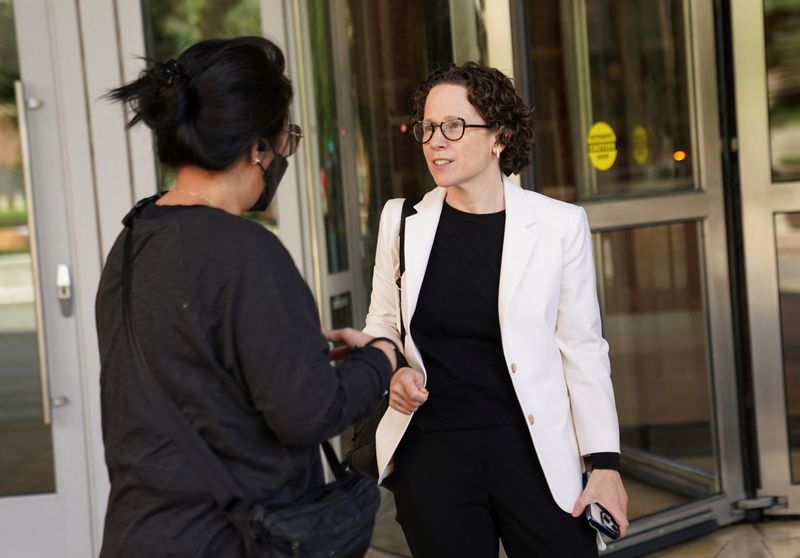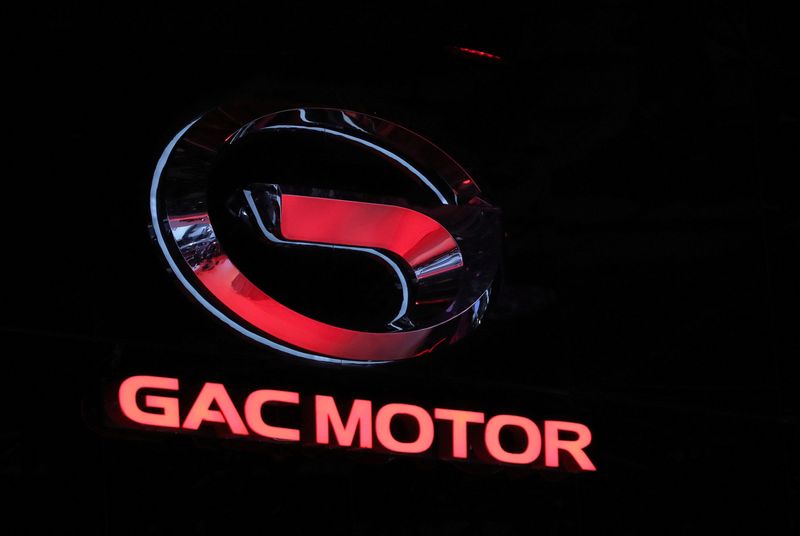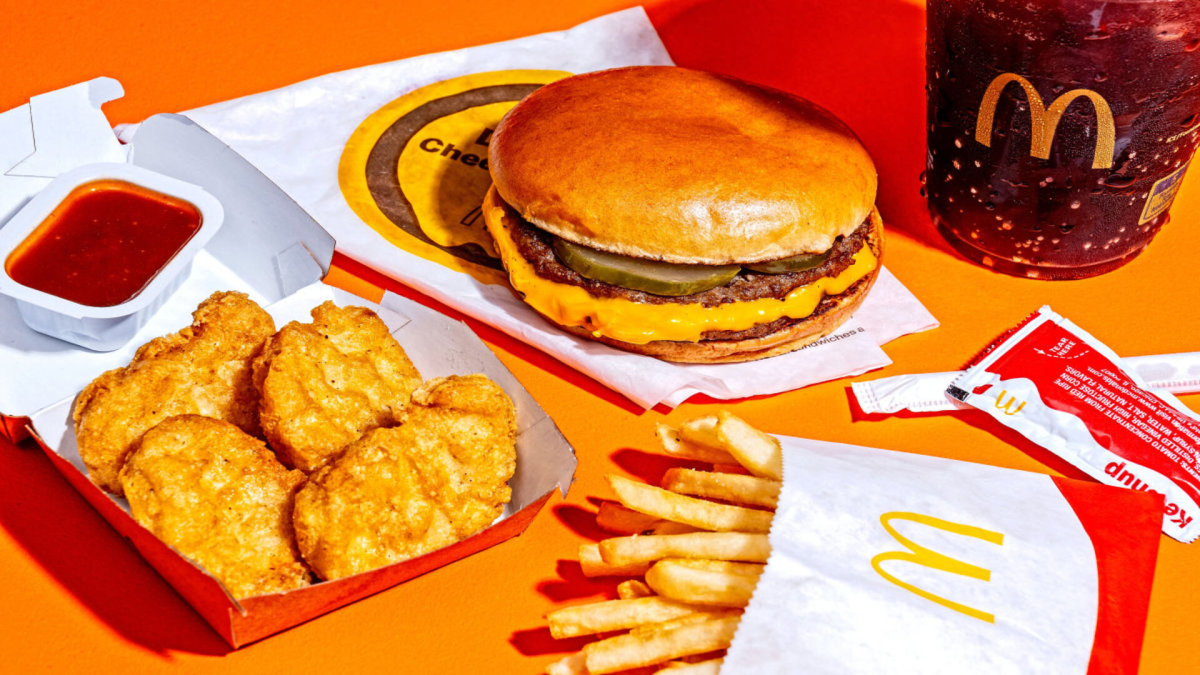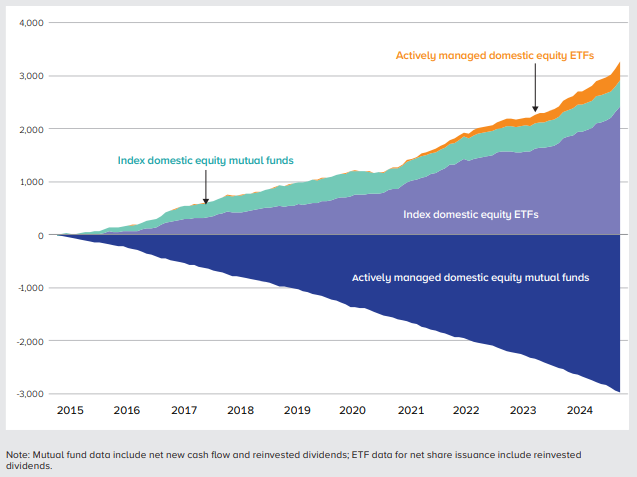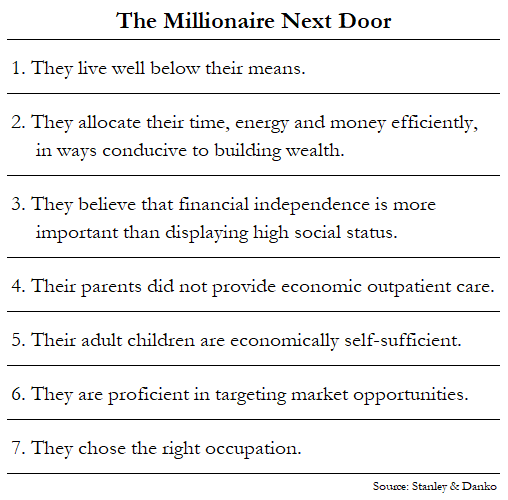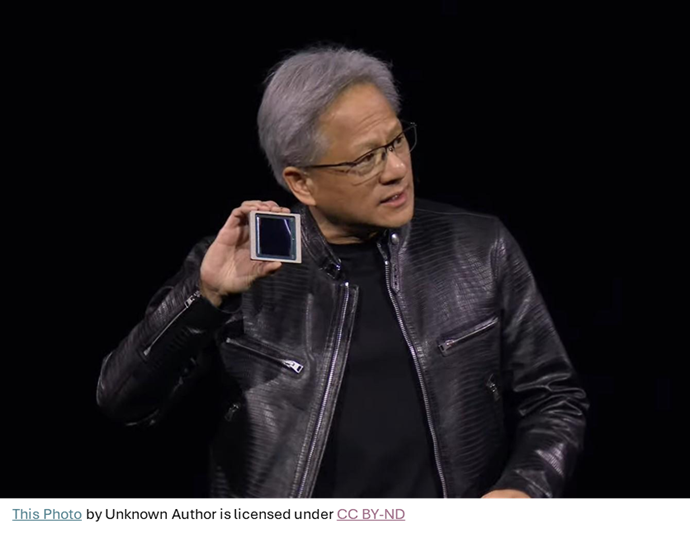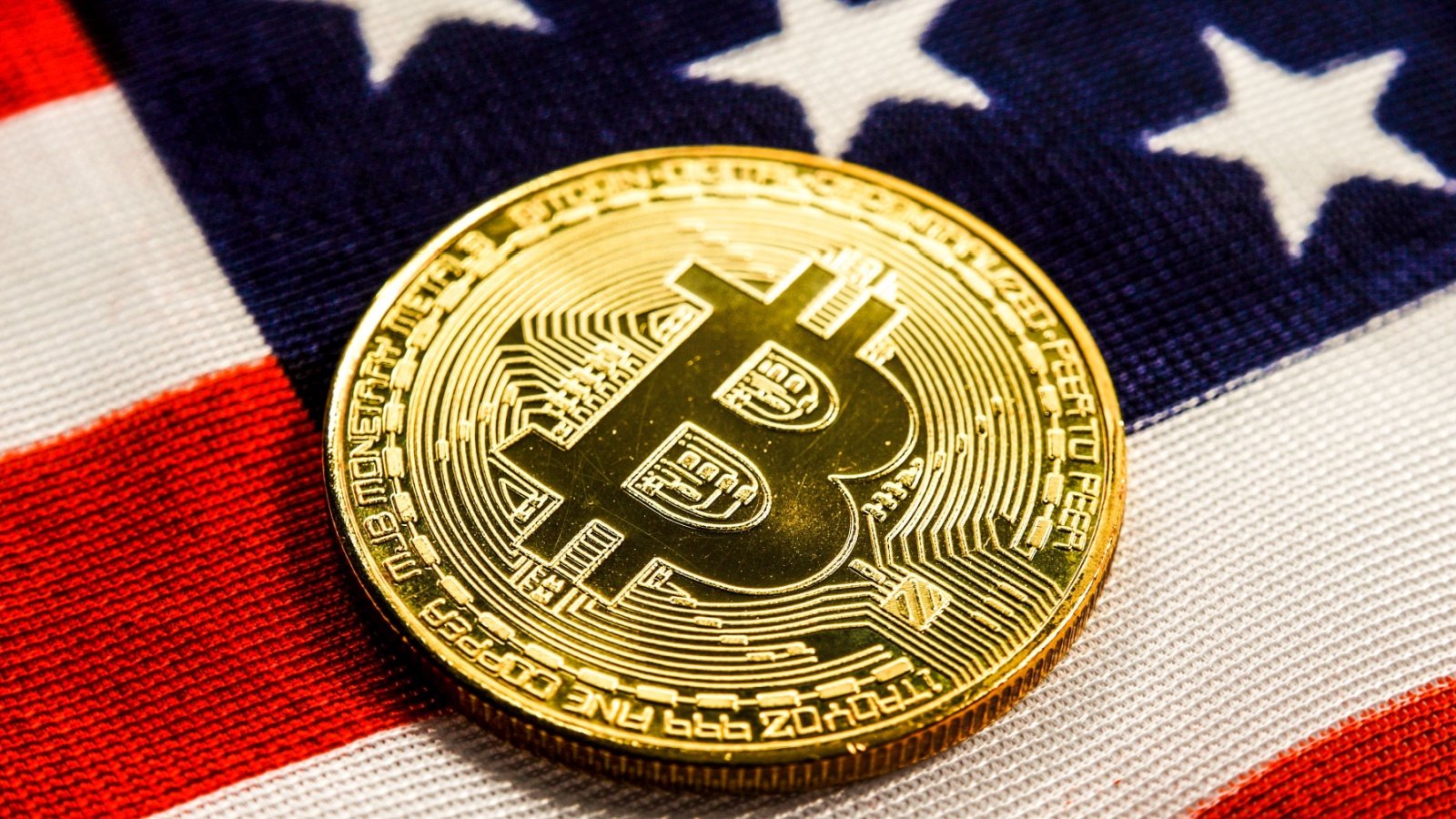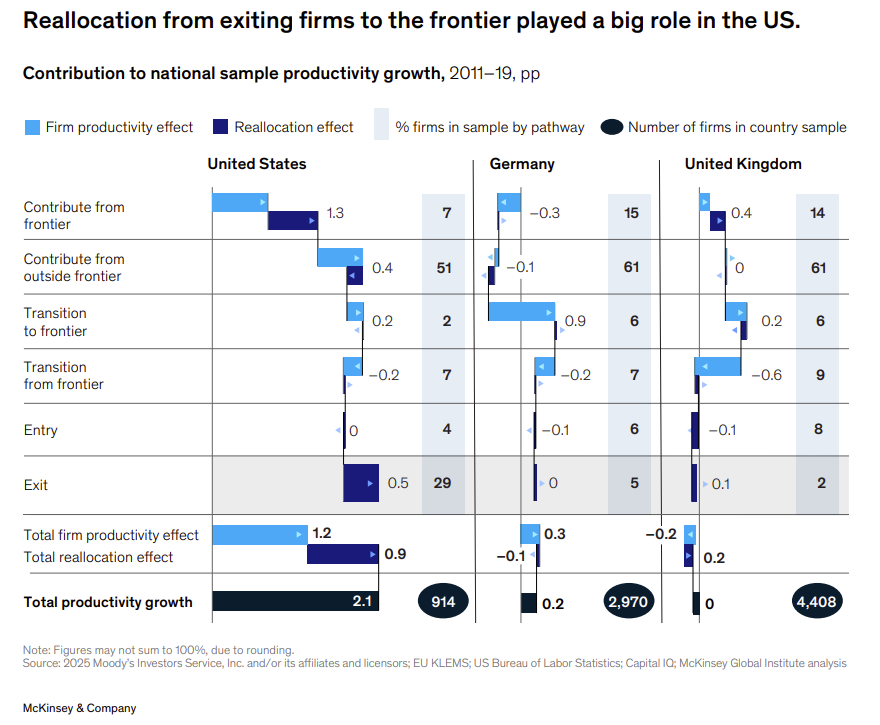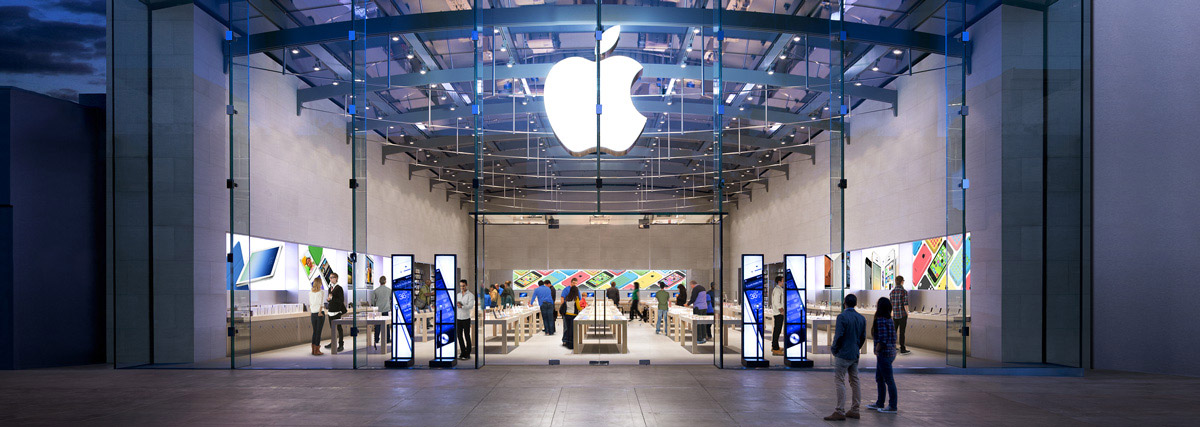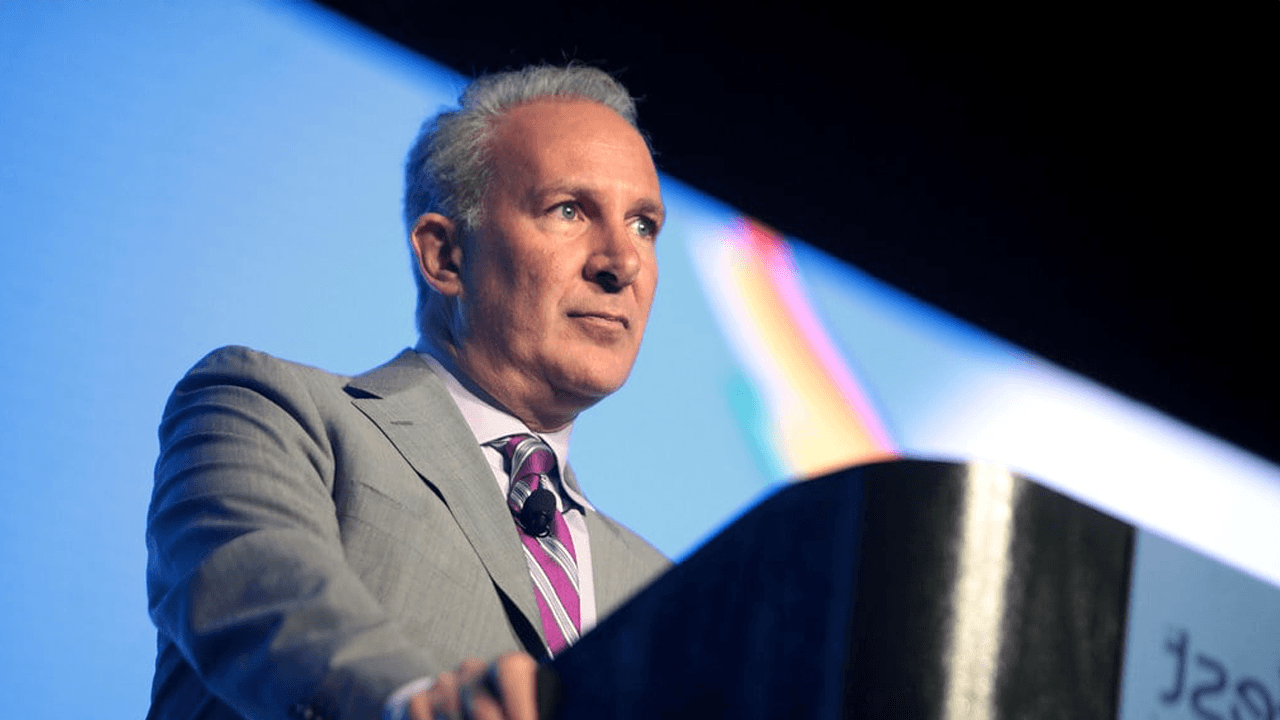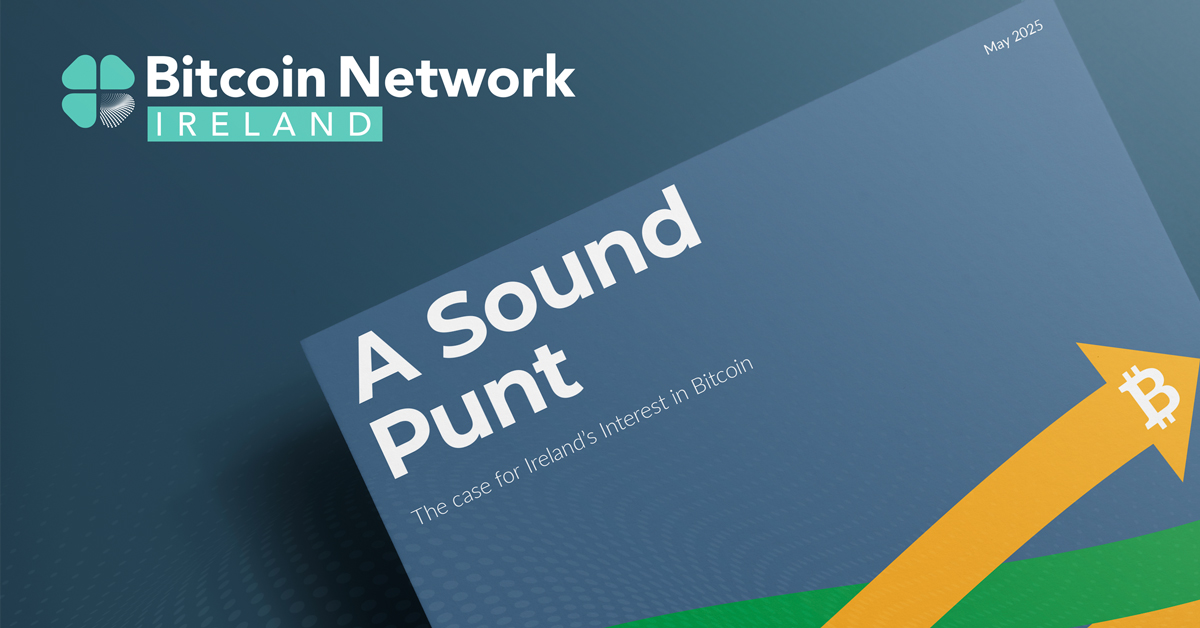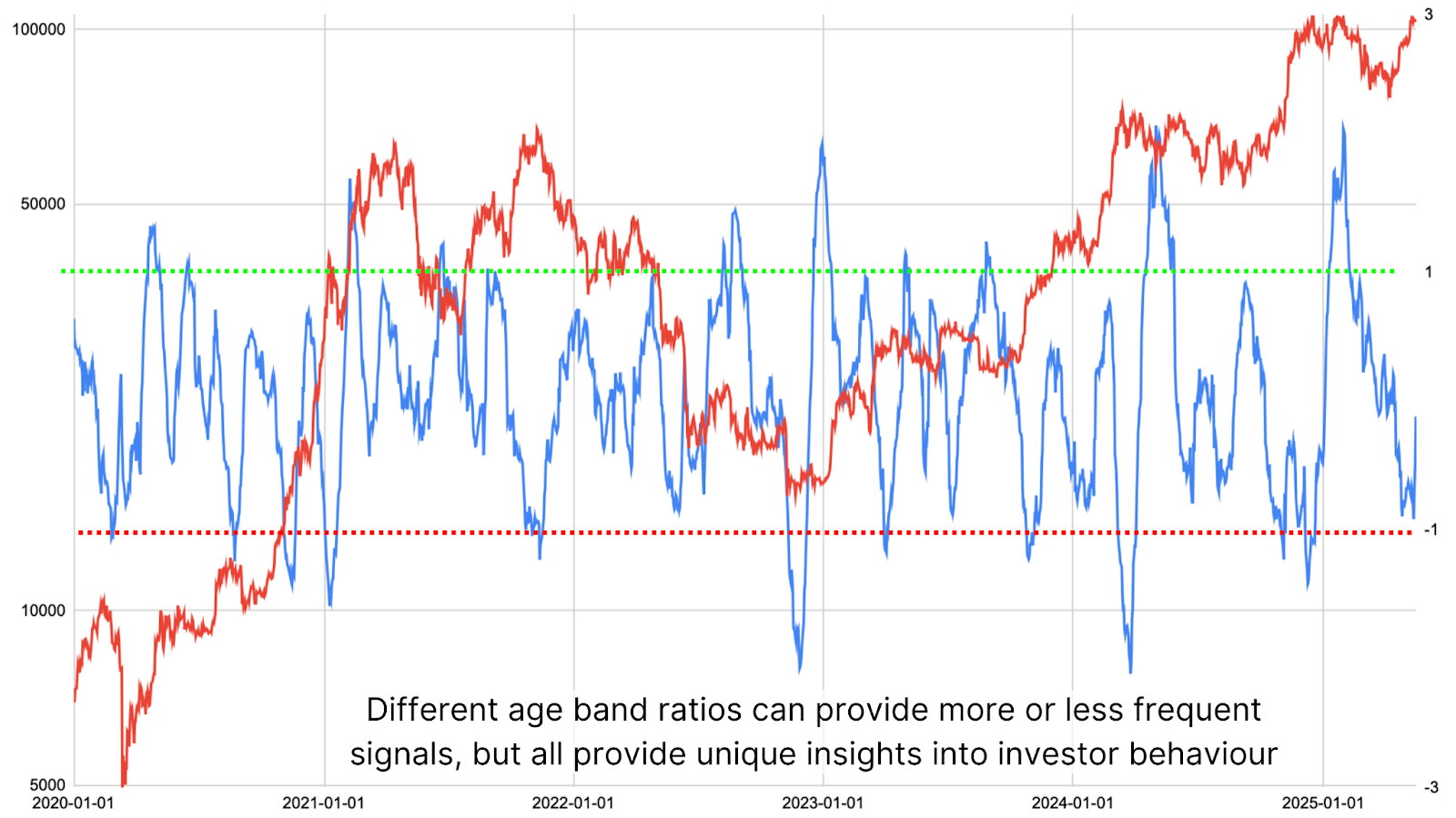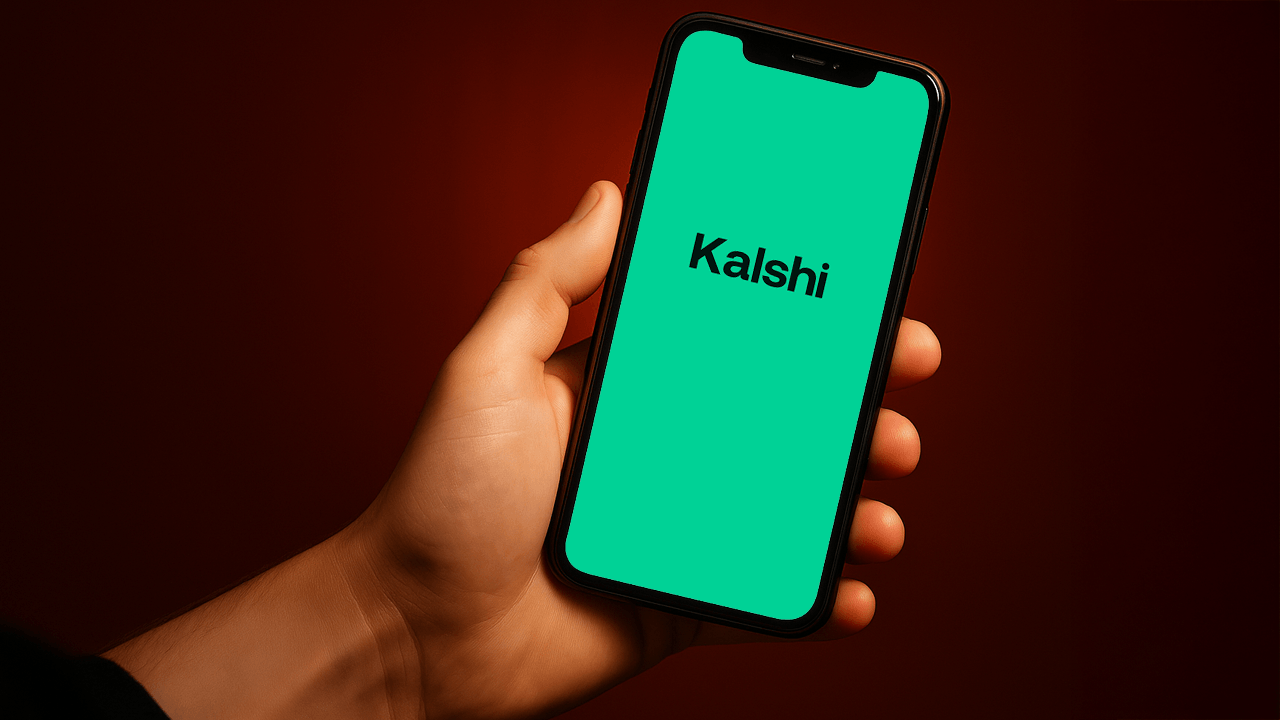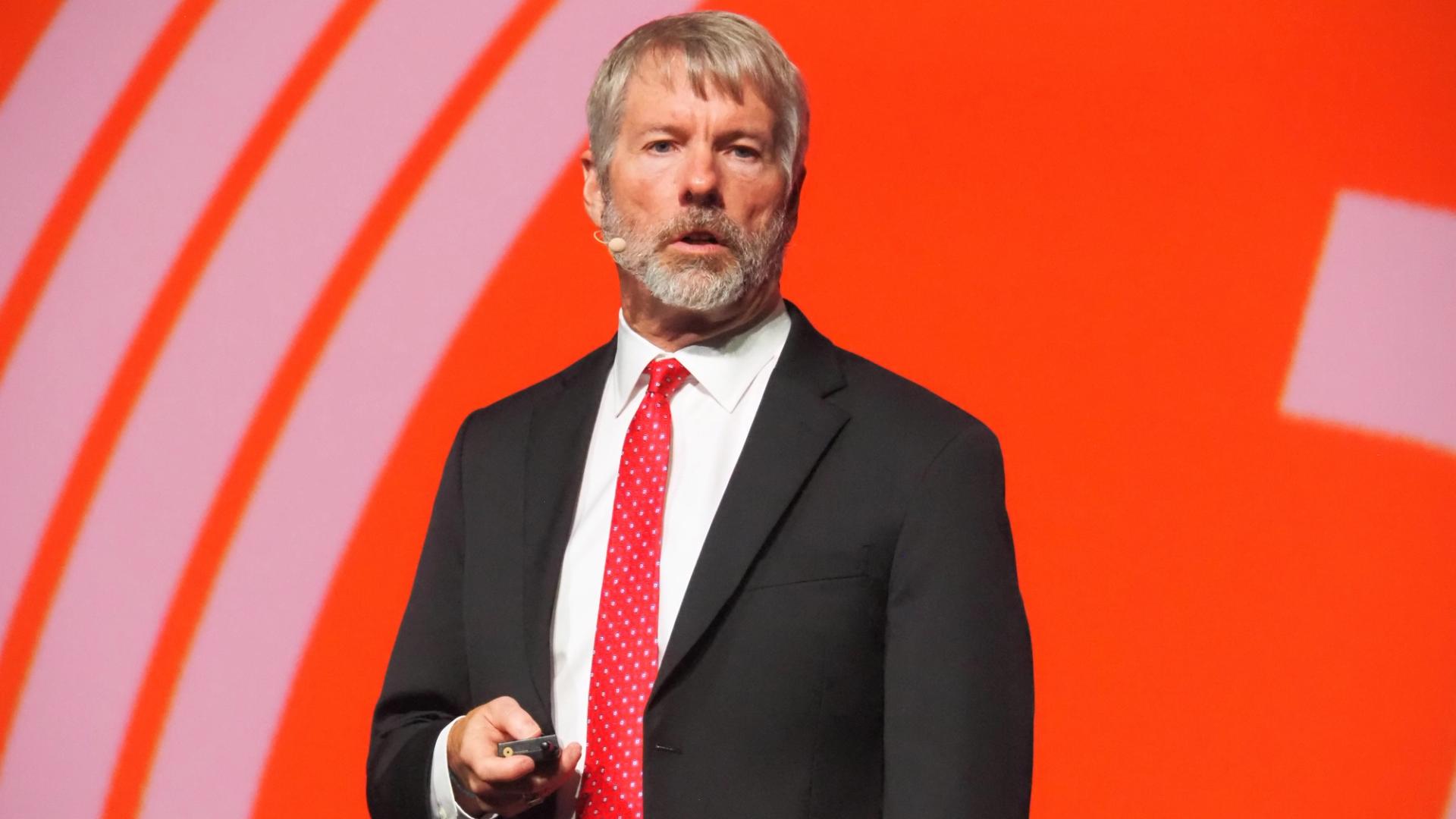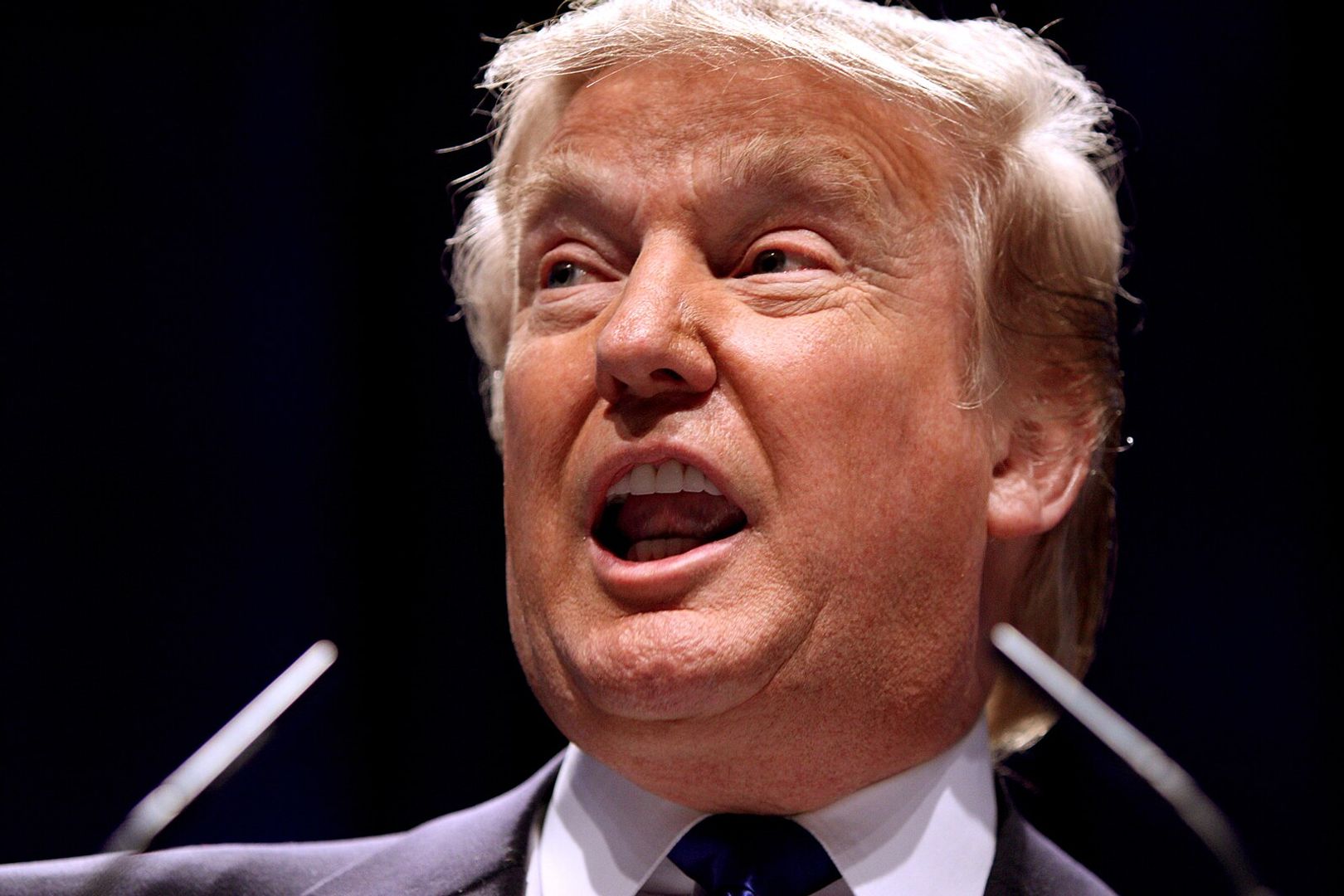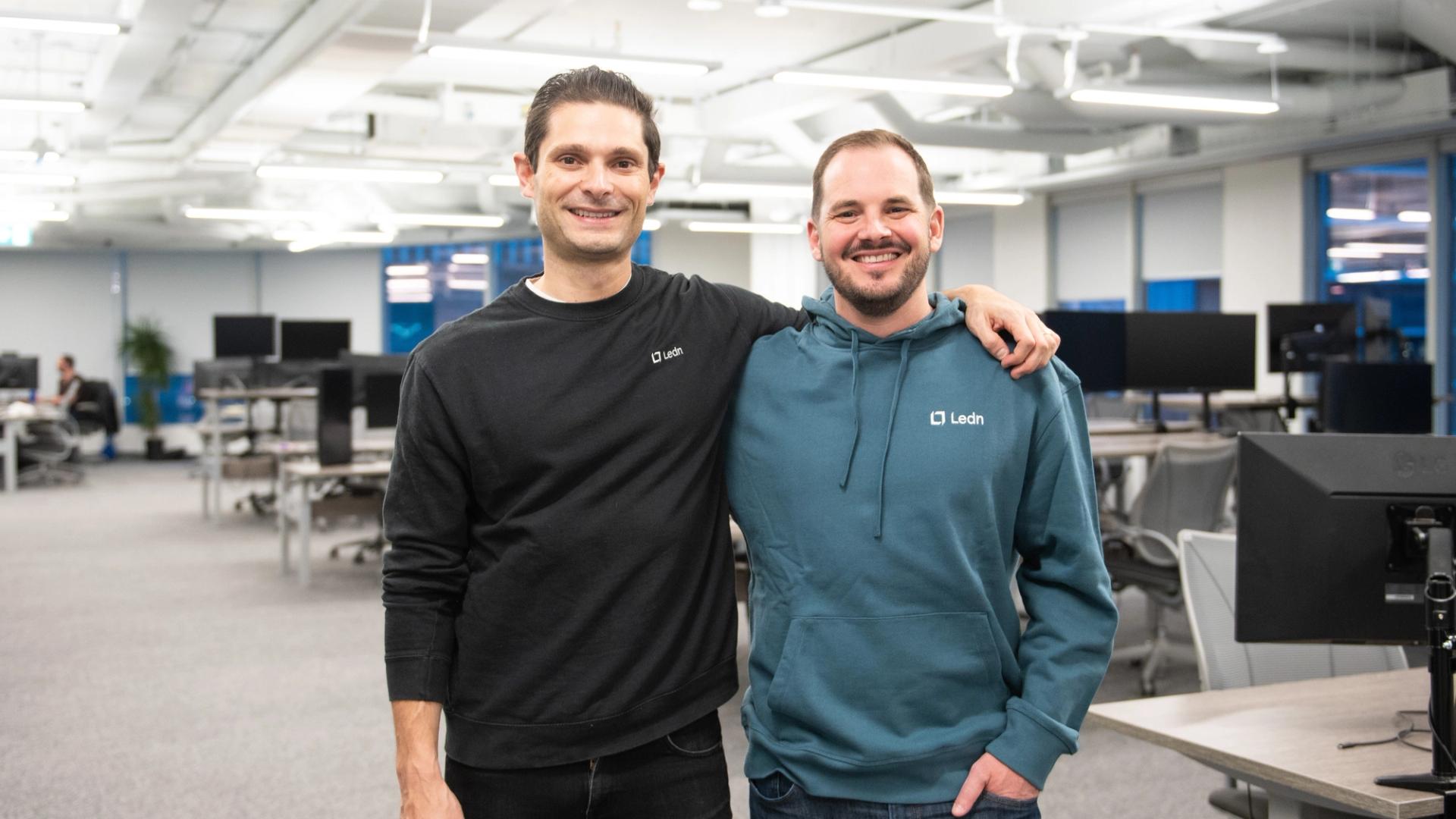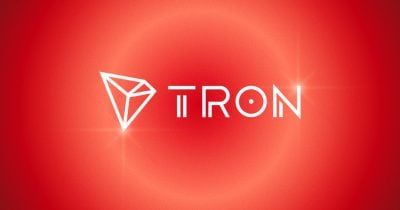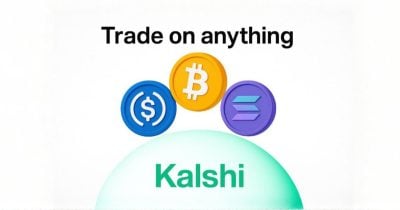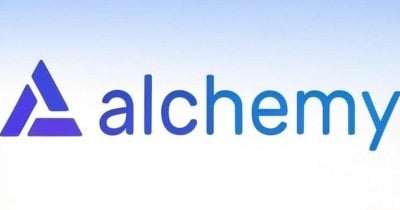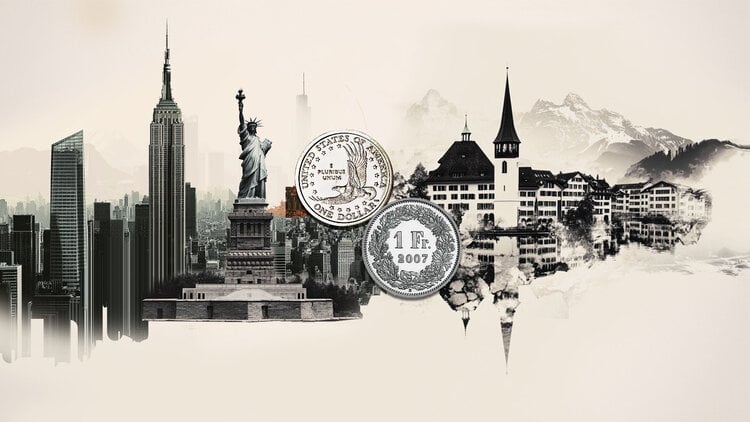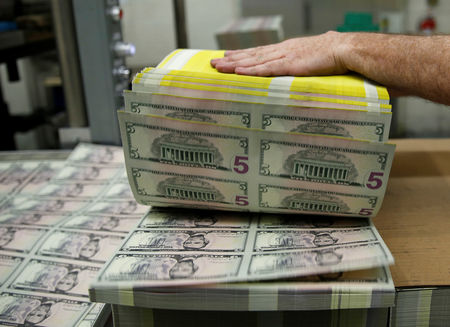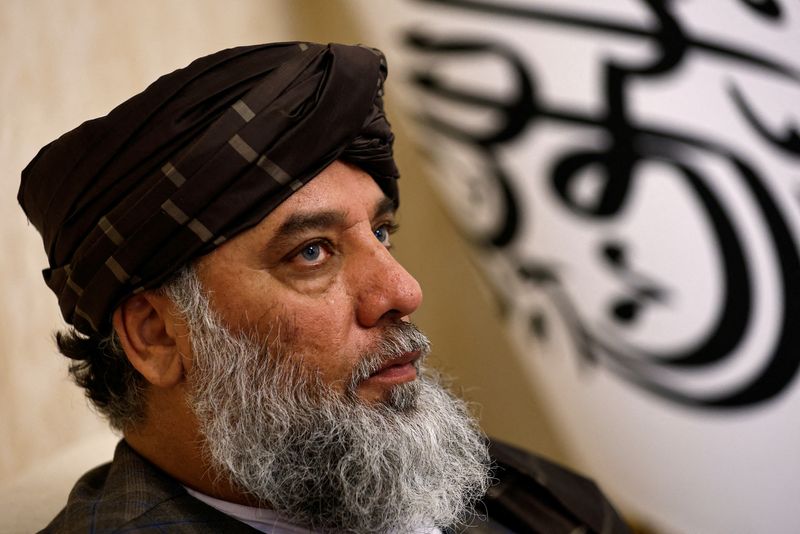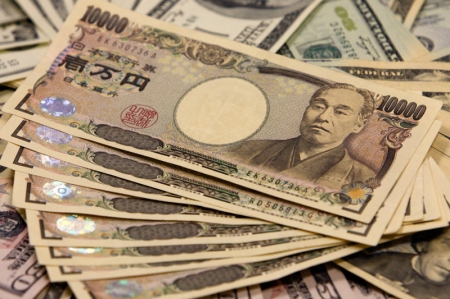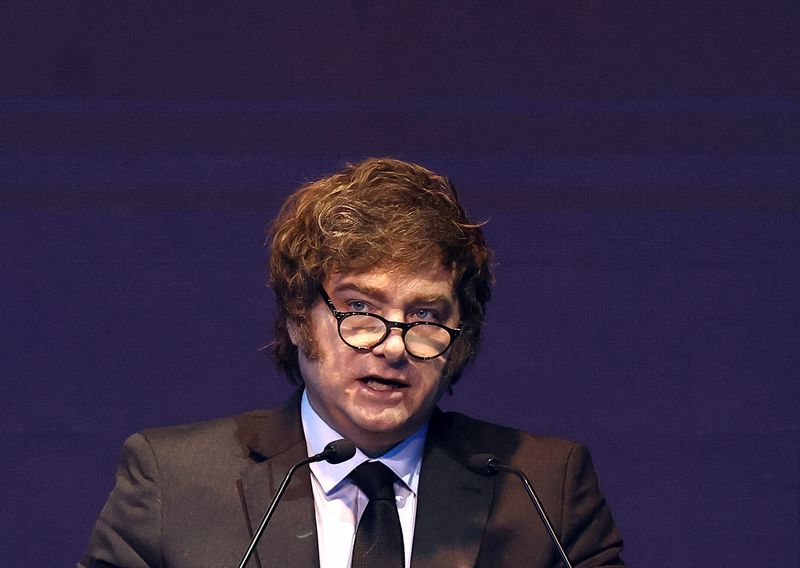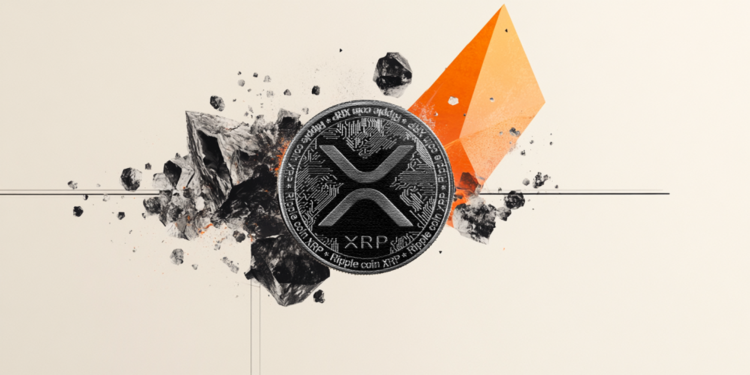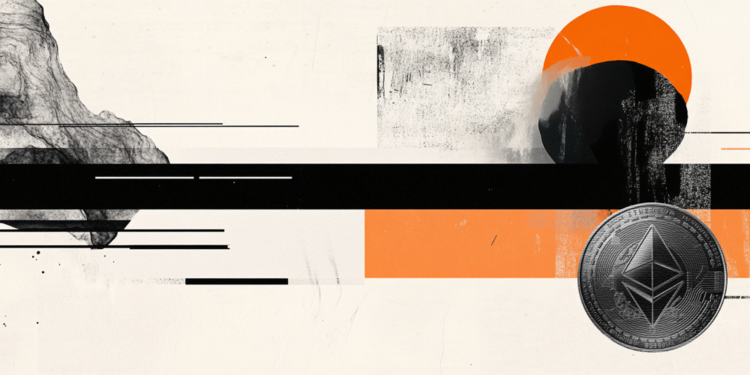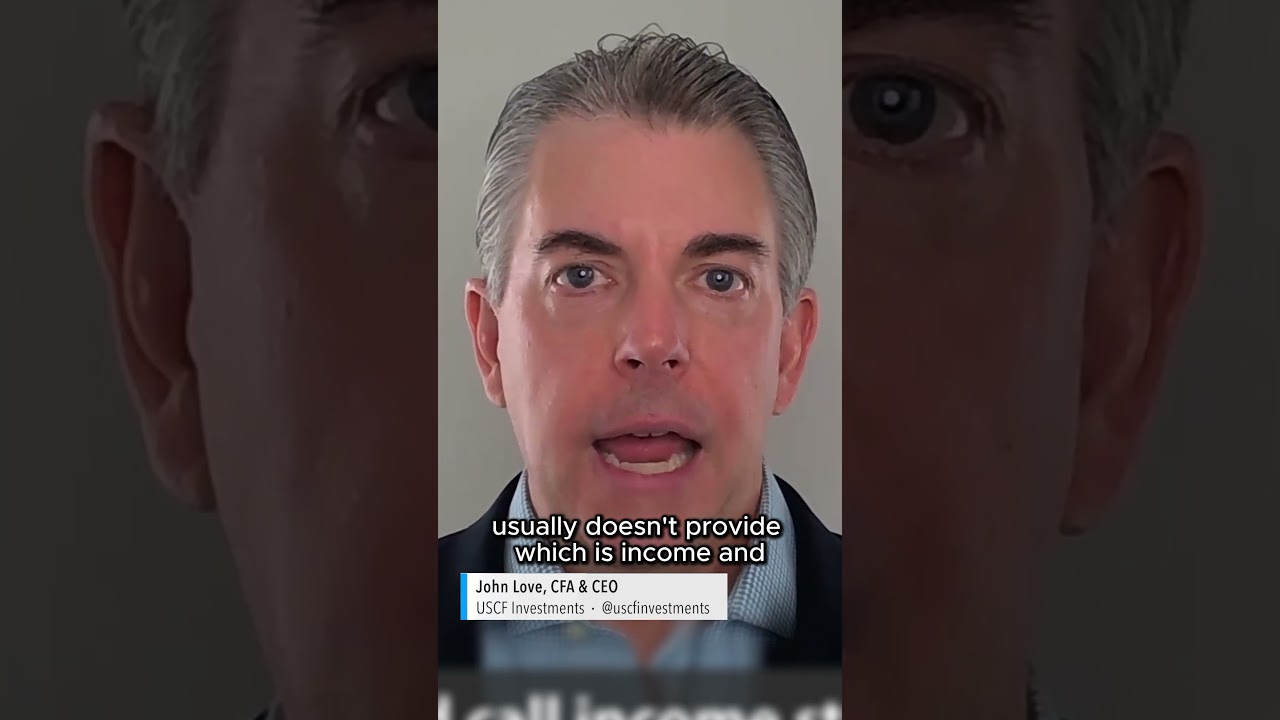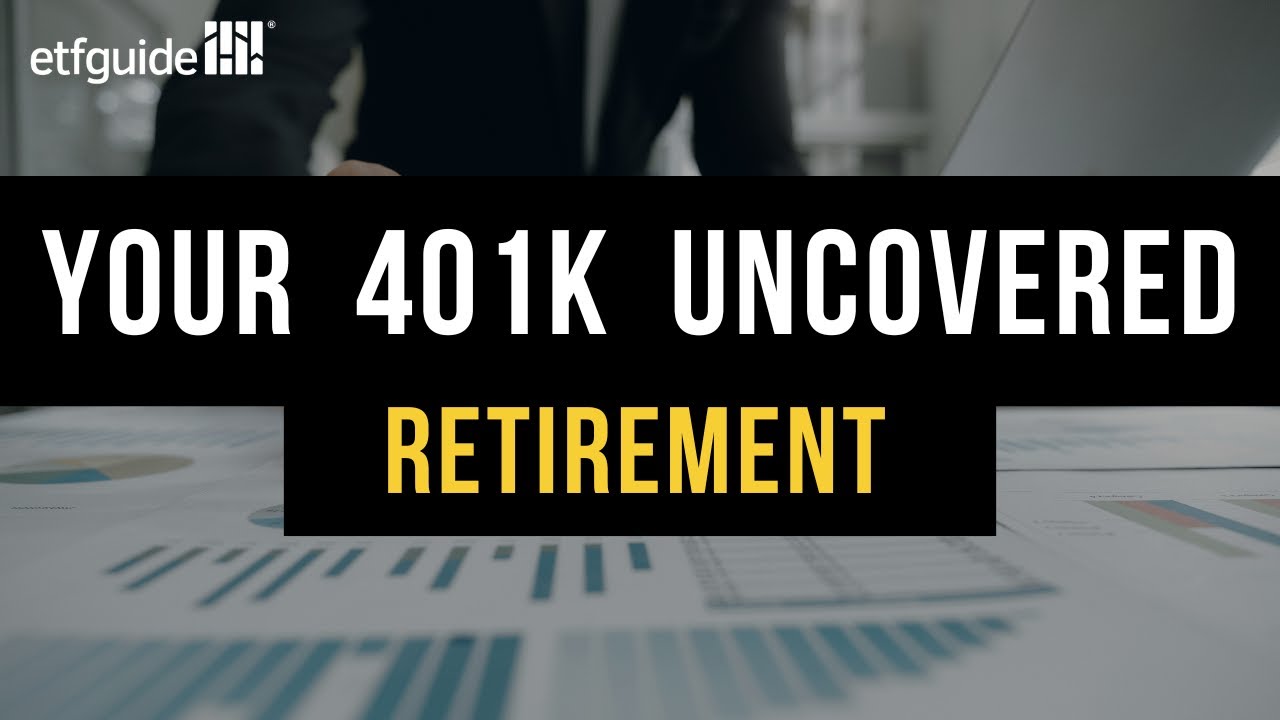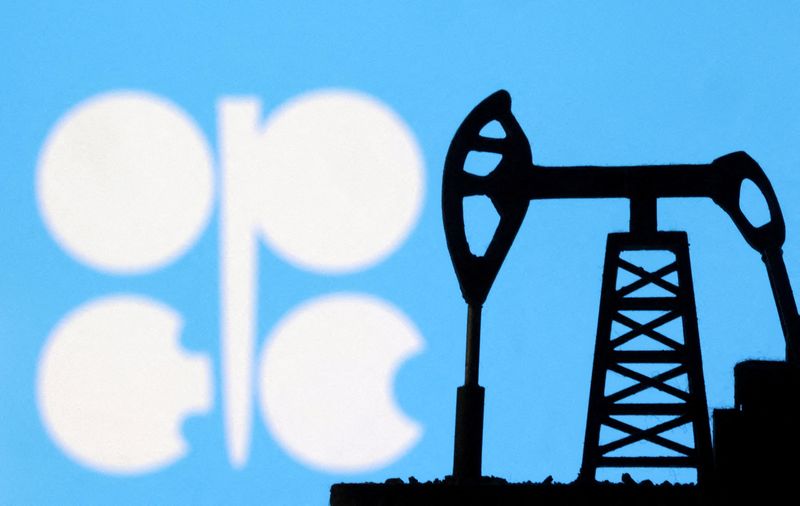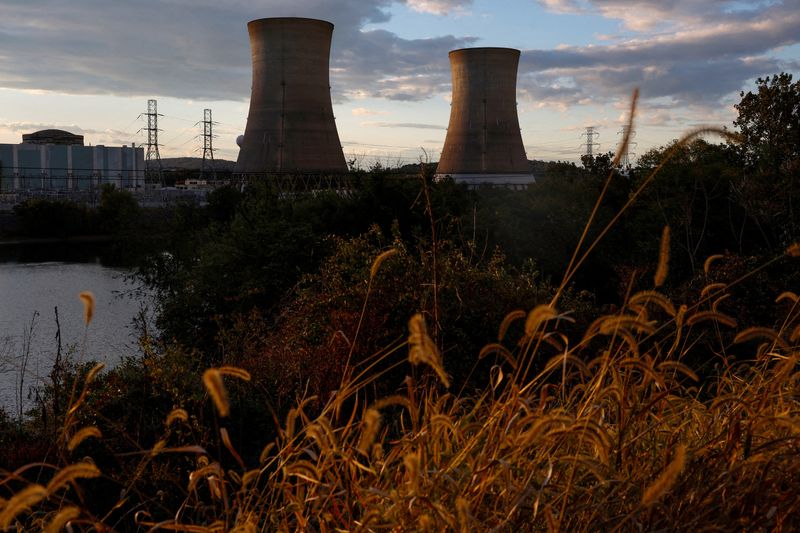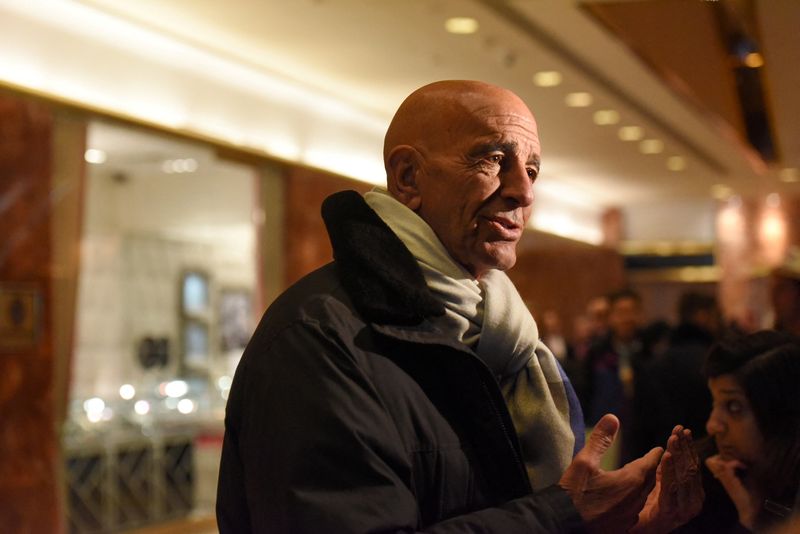Trump team’s ‘Game of Thrones’ on Venezuela whiplashes Chevron
The whiplash was the latest sign of the administration’s internal tug of war over how much pressure to put on the regime of President Nicolás Maduro.

It took barely 24 hours this week for the Trump administration to execute its latest reversal on Venezuela, with the fate of a huge Chevron Corp. venture hanging in the balance as closed-door White House differences broke into the open.
Prices of the country’s bonds gyrated as one senior official announced on Tuesday the company’s oil project in the country would get a long-awaited waiver from sanctions when the current one expires next week, only to be contradicted Wednesday by a late-night tweet from the secretary of state.
“There’s a Game of Thrones going on there,” Jorge Rodríguez, Venezuela’s chief negotiator, said earlier this month as the extension deadline approached.
The whiplash was the latest sign of the administration’s internal tug of war over how much pressure to put on the regime of President Nicolás Maduro. Advocates of tightening the squeeze — led by Secretary of State Marco Rubio — were opposed by those seeking to ease the limits in order to win Venezuela’s cooperation on other issues like migration.
“The recent zig-zags in Venezuela policy have left investors, and frankly everyone else, with their heads spinning,” said Geoff Ramsey, a senior fellow at the Atlantic Council in Washington. “The question is whether the administration can articulate these two approaches into a single, more cohesive ‘good cop, bad cop’ routine.”
President Donald Trump has given mixed signals. He gave the go-ahead for the now-expiring waiver but he’s also publicly sided with Rubio’s hardline stance, weighing in with a social media post earlier this year.
Earlier this week, it looked like the other camp, personified by Special Envoy Richard Grenell, had turned the tide with a deal to return a US Air Force veteran held by Venezuela. In return, he promised Caracas a 60-day extension of the sanctions waiver for the Chevron project.
“President Trump authorized that extension if we were able to get some progress, if we were able to build some confidence,” Grenell told Steve Bannon’s War Room podcast. “We were able to do that today. So that extension will be granted.”
Holders of Venezuelan bonds and those advocating for a lifting of sanctions welcomed the news. But members of the congressional delegation from Florida — where the Venezuela issue is a major electoral one — weren’t happy. And they had extra leverage because the White House ended up needing all the Republican votes it could get to pass Trump’s big tax package in the House of Representatives.
Representative Maria Elvira Salazar, who represents Miami, made clear in a brief interview Wednesday that Trump wouldn’t get her vote if the waiver was extended. “The president has given his word,” she said.
Rubio’s tweet came just hours before the House vote, which Trump touted as “the most significant piece of Legislation that will ever be signed in the History of our Country!”
The administration denied there was any contradiction.
“There’s no confusion,” State Department spokeswoman Tammy Bruce told a briefing Thursday when asked about the statements. “Many people on every issue can have a lot of opinions. But I think clearly who we look to are the people who have the power to have the impact and who make the decision and, of course, this is at the direction of President Trump as well.”
Grenell declined to comment. The White House’s National Security Council didn’t respond to a request for comment.
The tensions go beyond Venezuela policy. Grenell also sought the secretary of State job that went to Rubio. He traveled to Caracas to meet with Maduro in January just before Rubio made his own first trip to Latin America as secretary. Grenell has also been the point man for the administration’s efforts to get Venezuela to accept deportees, a major White House priority.
Trump has also tapped Grenell for other jobs, from dealing with California wildfires to running the Kennedy Center for the Performing Arts in Washington.
And while Grenell as special envoy flew to Antigua to finalize the hostage deal, it was up to Rubio, who’s now also filling in as national security advisor, to issue the paperwork that would have been needed to extend the sanctions waiver. So far, that hasn’t happened.
Rubio’s political roots are in a South Florida Latino immigrant community known for its staunch criticism of socialist governments like those in Venezuela and its ally Cuba.
Also weighing in on the debate is Trump ally and right-wing activist Laura Loomer, who has taken Grenell’s side with messages on X supporting the extension on Chevron’s license. Loomer and Grenell have argued that Venezuela represents a crucial partner to slow migration to the US and that yanking Chevron’s permission to operate will result in the nation’s oil winding up under Chinese control.
“Why would you want China to take over American oil assets and destroy 15,000 American energy jobs?” Loomer wrote on X in response to Rubio. “I’m going to wait to see what President Trump says about this. He’s in charge.”
Amid the back-and-forth, Chevron didn’t respond to requests for comment. It took the reserves of the project off its books several years ago.
“The logical middle ground here is for the White House to continue its engagement with Maduro while simultaneously trying to push for reforms that can open democratic space,” said Ramsey of the Atlantic Council. “Venezuela policy shouldn’t be only sticks or only carrots, you need both on the table.”
This story was originally featured on Fortune.com





